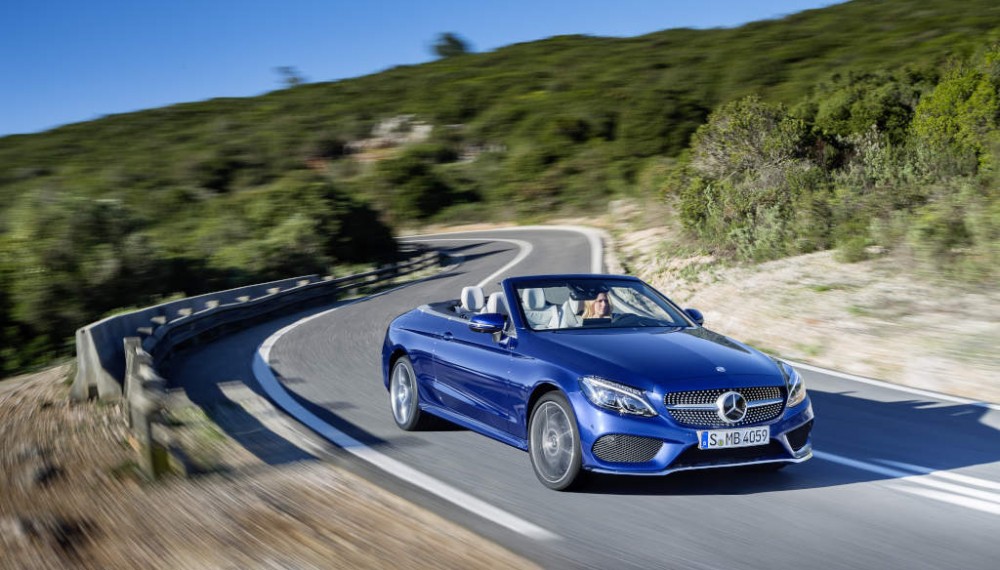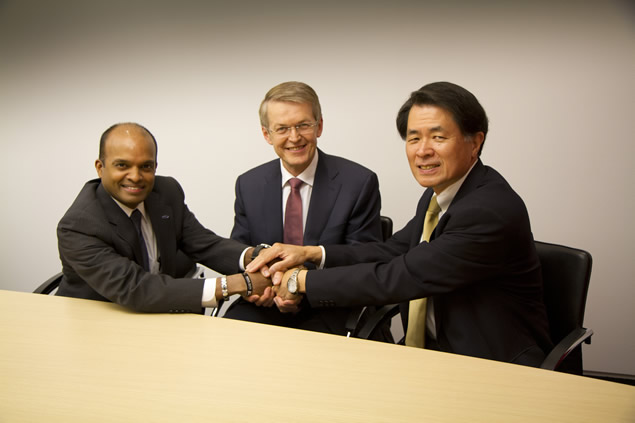Although we do our best to distance ourselves from politics due to the fact there’s plenty of other news outlets that absolutely love weighing in the various issues of our day, today is a rare exception. News that Daimler is cutting ties with Iran has been published just about everywhere this week, so we figured we may as well tell you about it as well. According to Dieter Zetsche, CEO of Daimler AG, the company plans to sell its 30 percent stake in Iranian Diesel Engine Manufacturing, a subsidiary of Khodro Diesel, plus it will withdraw an application to export commercial vehicles for civilian use to Iran. The news came after a recent nuclear security summit in Washington D.C., after which President Obama moved to isolate Iran from the rest of the free world. German Chancellor Angela Merkel supported the decision, while other German companies – Siemens, Munich Re and Allianz – all have moved to sever ties with Iran as well.
Commenting on Daimler’s relationship with Iran, Zetsche made no reference to the country’s nuclear program, but stated “The policies of the current Iranian leadership have compelled us to put our business relationship with that country on a new footing.” He went on to note that none of the company’s “measures are directed against the Iranian people… In view of the current political situation we have… extensively reassessed this business relationship.”
Despite the move, Jonathan Weckerle, a spokesman for the German chapter of the Stop the Bomb organization (a group aimed at severely reducing trade between the EU and Iran while supporting the pro-democracy movement in the country), was somewhat pessimistic, noting in The Jerusalem Post that “in 2009, Daimler delivered 8,653 trucks to Dubai without special export controls. Daimler will continue to work with the Iranian state company Khodro and industrial Mercedes trucks are continued to be offered on an Iranian trade partner Web site (Iran Khodro Diesel). Without continued reductions and export controls, the Daimler move remains a public relation’s measure.” He added, however, that Daimler’s decision to “end the aggressive lobby politics for the export of dual-use goods like trucks, which can be used as missile-launching platforms, and the separation from the Iranian Diesel Engine Manufacturing Company, are the first positive steps.”
As to how many Daimler commercial vehicles will be available on the Iranian market is unclear due to the fact Daimler will carry out the remainder of its contracts with the country; what is clear is that Daimler will be exporting fewer vehicles to Iran, which by any count, is a good thing.


